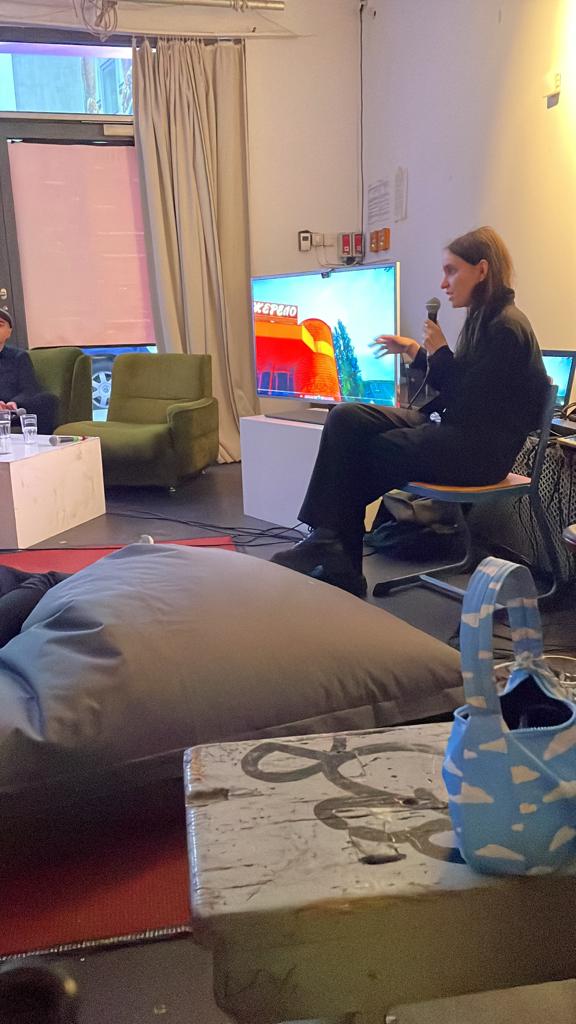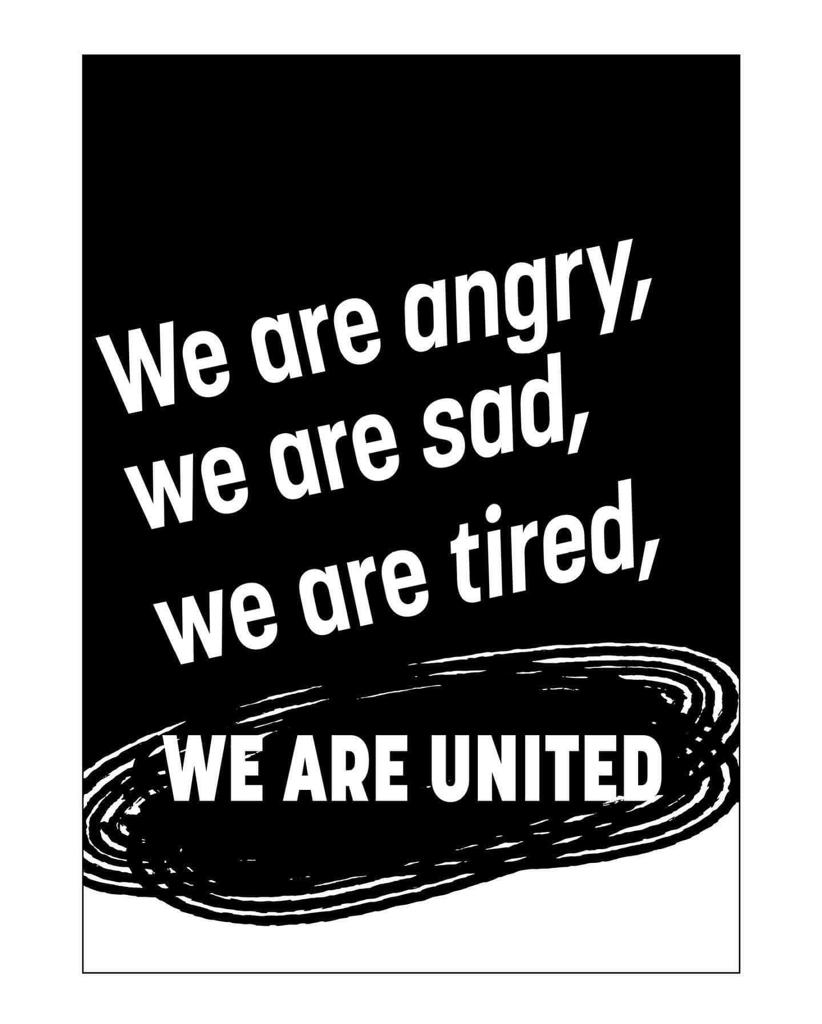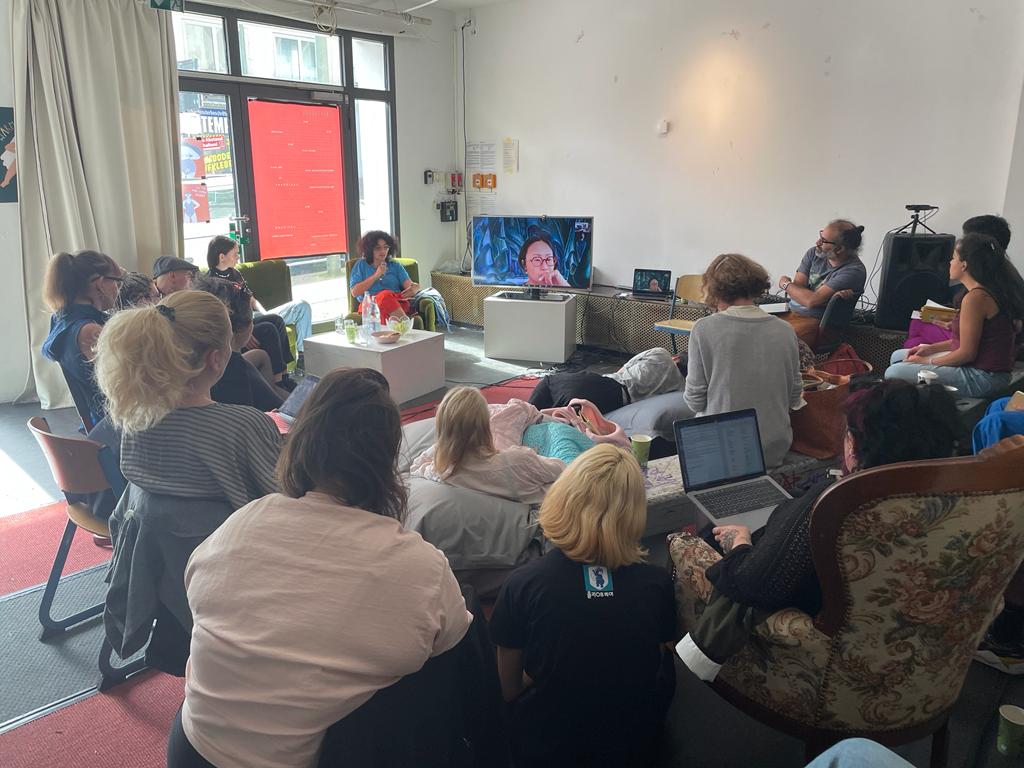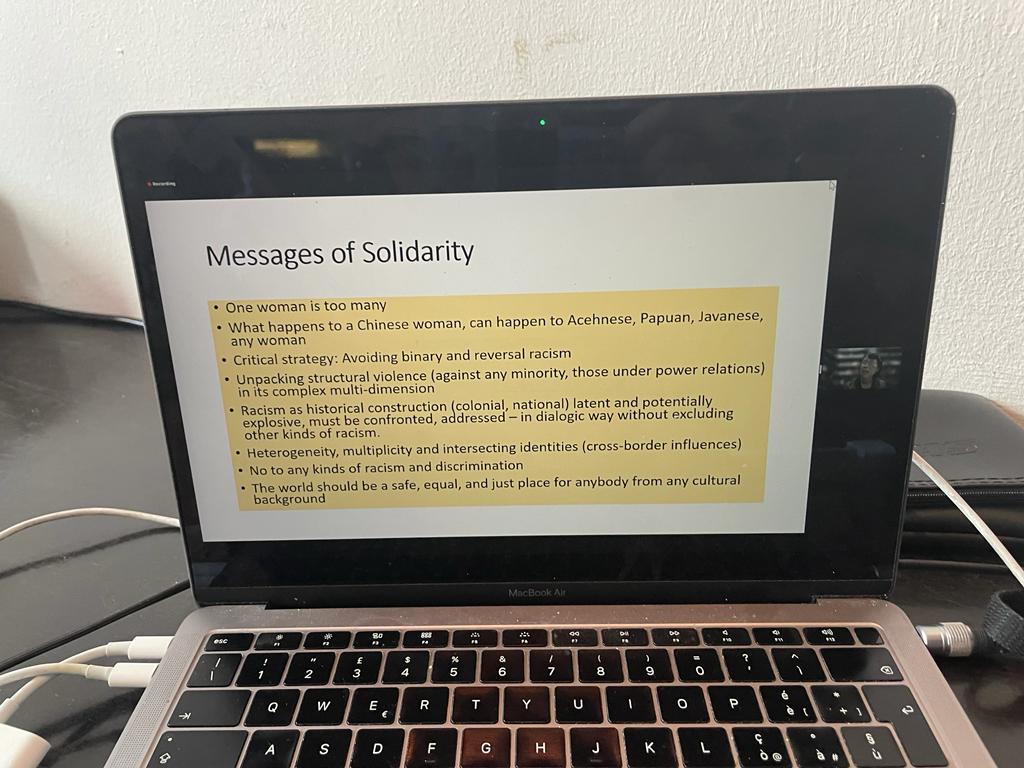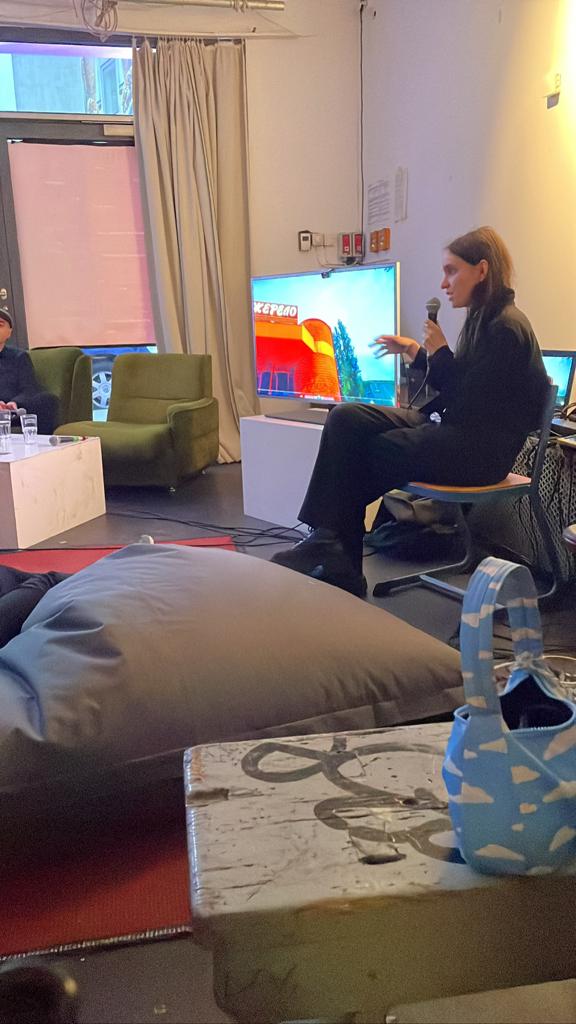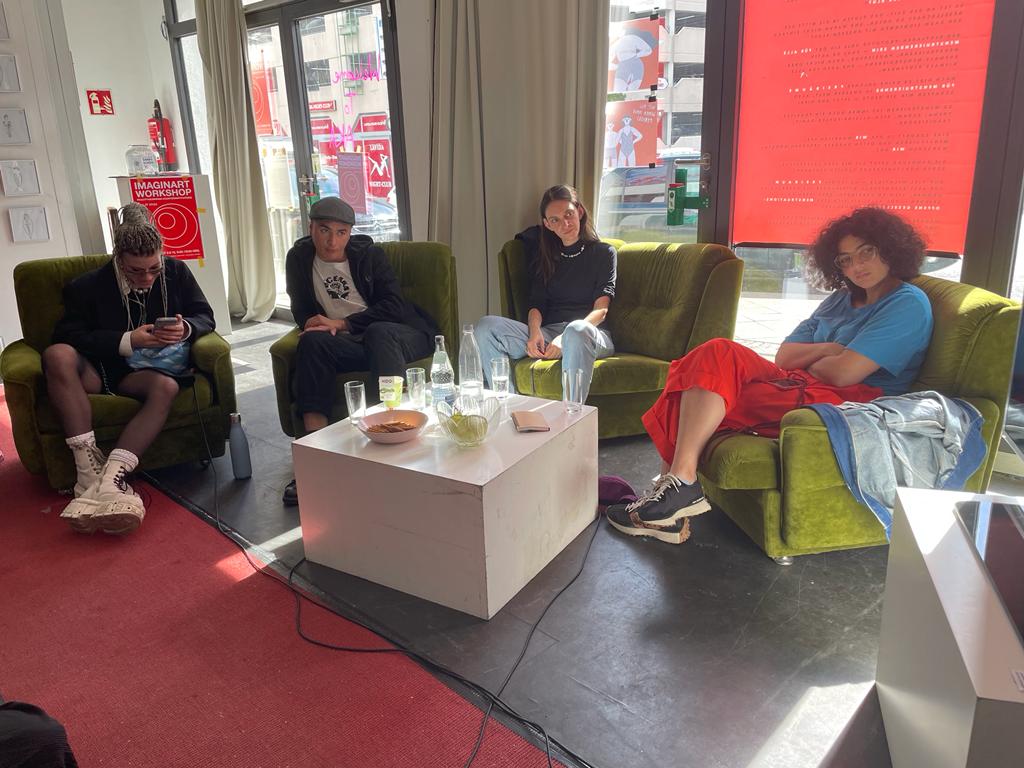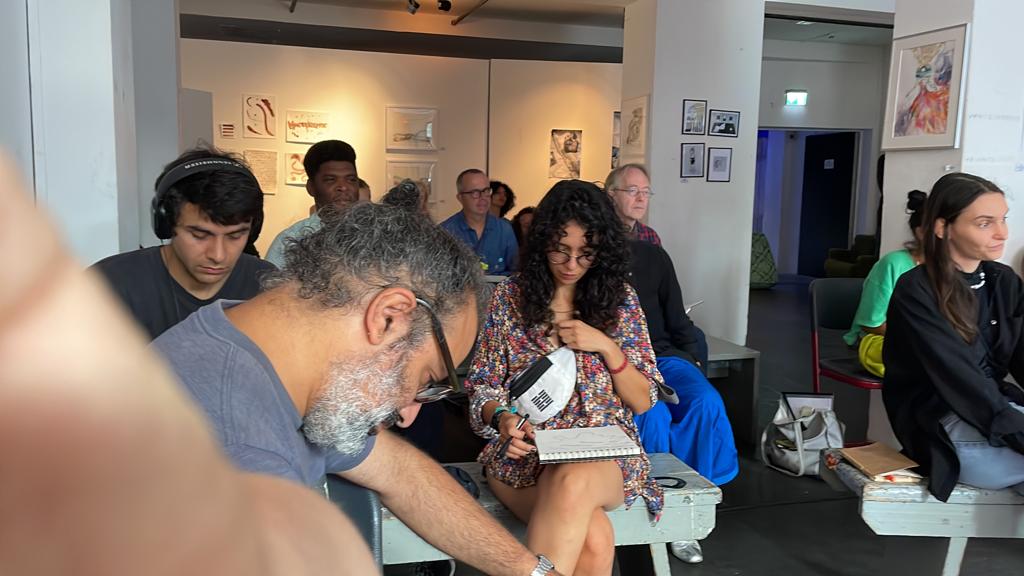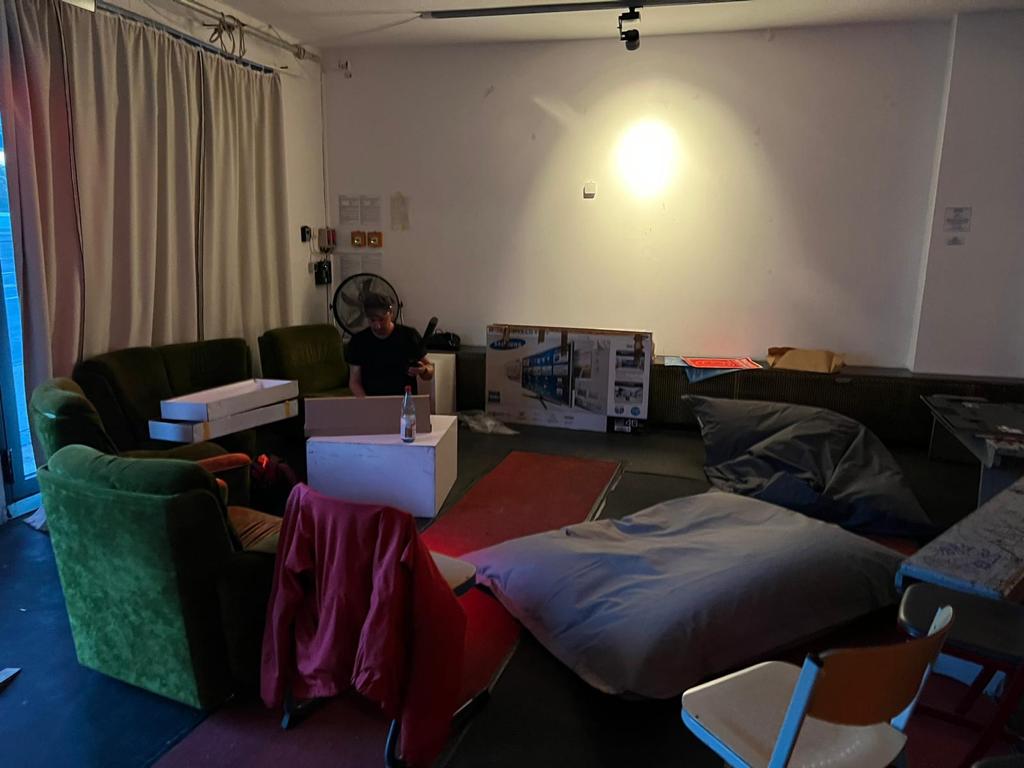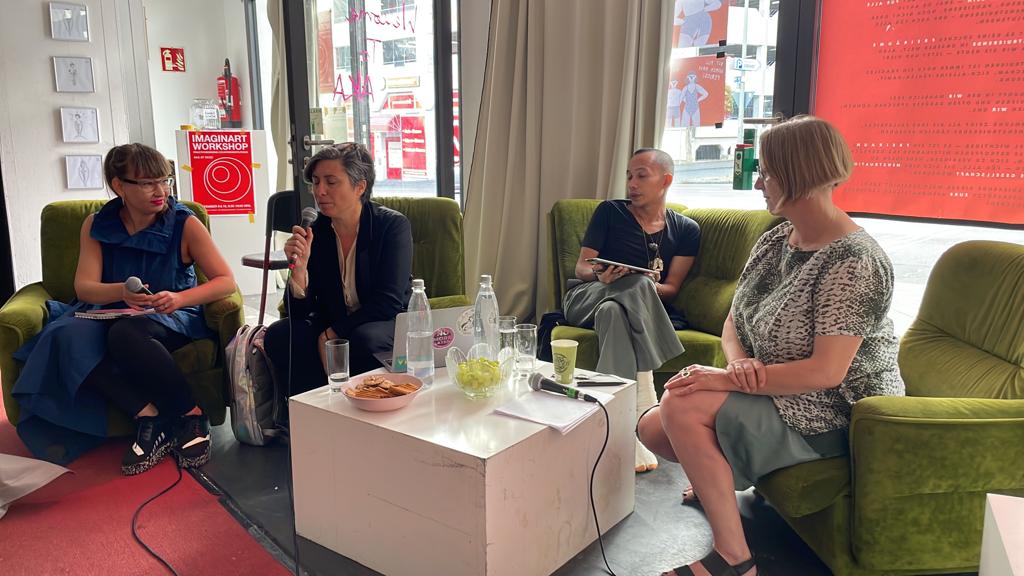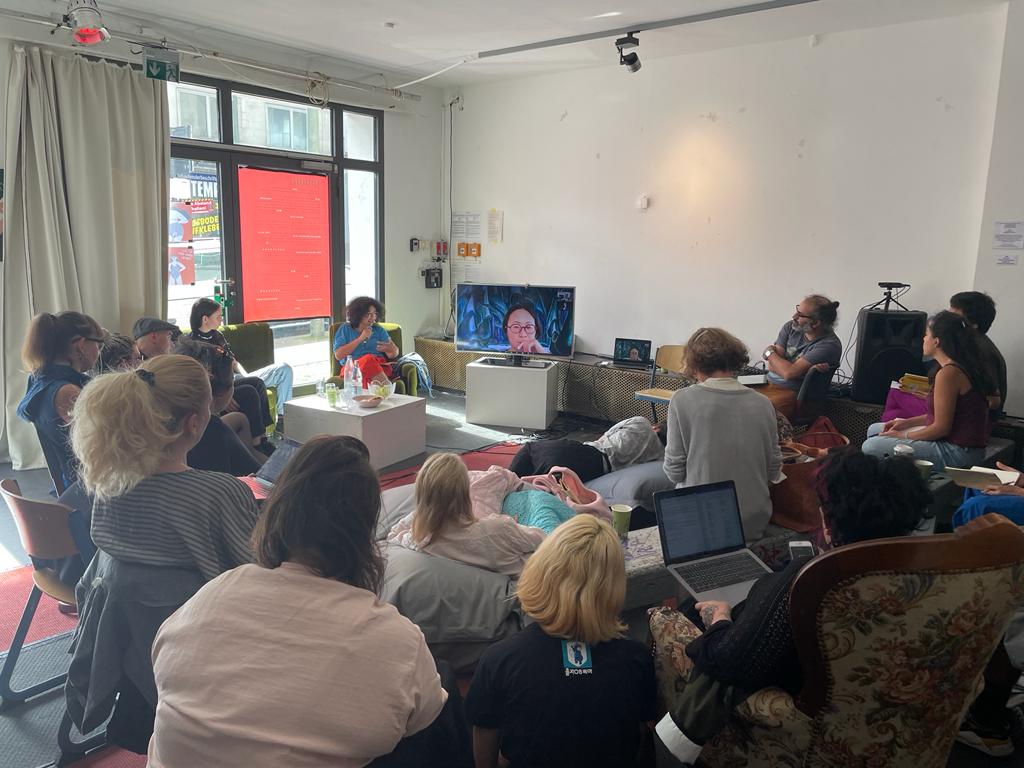Mixtape No. 2
Practitheorising Counterinstitutions
Mixtape No.2 on Practitheorising Counterinstitutions is made by the IMAGINART project and its group members: Chiara De Cesari, Nuraini Juliastuti, Yazan Khalili, Abdulkerim Pusat, Aria Spinelli, Eszter Szakács, Carine Zaayman, Erick Fowler and Andrea Elera.
The workshop Practitheorising Counterinstitutions is organised by IMAGINART at documenta fifteen in Kassel, Germany. In this collective thought exercise, we take lumbung in the form it is practiced within documenta fifteen as a starting point for reflecting on how imaginative institutionalism is being experimented with in different parts of the world.
Lumbung is Bahasa Indonesia for rice barn, but it can refer, more generally, to places in domestic and community environments where agricultural produce is collectively stored. The artists’ collective ruangrupa transformed it into a transnational tool for gathering different cultural institutions and artists/activists’ collectives. The aim of lumbung is to create an ecosystem that lasts beyond the 100 days of documenta. lumbung blurs the boundary between art and social organising. As such, it comes close to many grassroots projects all over the world that are using artistic means to obtain sustainable socio-institutional effects. Disrupting national frames, documenta fifteen’s lumbung brings them together mobilising a national cultural institution as a device for international, or rather transnational, institution-building of a new kind.
In the workshop, invitees alternatingly adopt the roles of Storytellers, Theoreticians, and Harvesters. They rotate through these distinct positions over a series of panels. These rotations and movements reflect our methodology within IMAGINART, where we are very conscious of the mutable, relational quality of positionalities and the importance of recognising this fact. More importantly, by inviting participants to shift between modes of engagement, we acknowledge that practice is produced and reflected upon at the same time, and that theory emerges from and exists in collective practice. This is the basis for our hopeful, practical theorisation of yet-to-be institutional frameworks.
By combining practice with theory and reframing the latter as compost to fertilise crops from which to harvest institutional imaginaries, we seek to create the conditions for re-thinking the im/possible institutions we want to inhabit. In the following, the moderators of the group present summaries on the results of each panel. These text are accompanied by artworks by artists Daniel Aguilar Ruvalcaba and Diana Cantarey who visually map and conceptualise the ideas our invitees shared with us.
The invitees to the panels were: Ann Stoler, Melani Budianta, Ilenia Caleo, Quinsy Gario, Paul Goodwin, Annie Jael Kwan, Lara Khaldi, Jeroen de Kloet, Wayne Modest, Christa-Maria Lerm Hayes, farid rakun (ruangrupa), Deborah Thomas, Ming Tiampo, Wet Hole Group (Nikita Kadan, Bogdana Kosmina, Alina Kleytman), and Mi You.
We are deeply saddened by the loss of our former colleague and critical friend, Erick Fowler. A researcher, writer, and artist, who worked on the IMAGINART team for many months. Erick significantly contributed to our conversations on art, social engagement, and how to bring about new institutions of common life, bringing in his deep and passionate knowledge of abolition and decolonisation. Erick was a very smart, sharp, kind-hearted, and caring human being with great ideas who left us way too soon. His departure is a loss for our hearts and souls but also for scholarship. We dedicate our second mixtape to him.
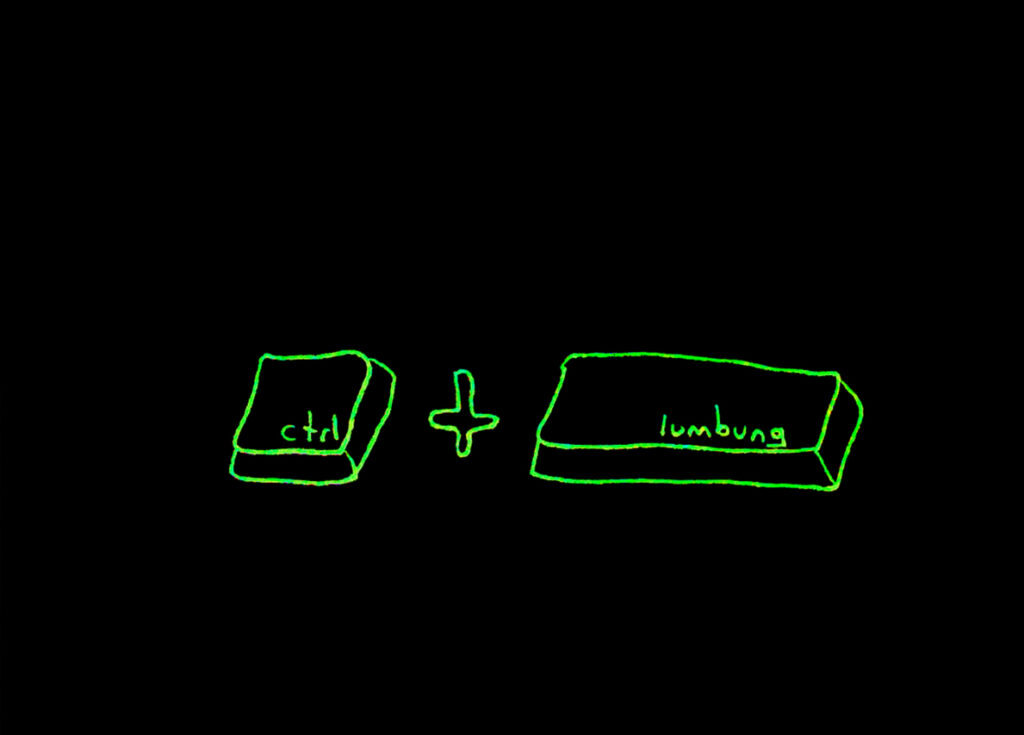
Constructing and Deconstructing (Major) Institutions
The first panel of the workshop included people who work in a range of roles with different (state) cultural institutions— universities, museums, biennials. All of them share a commitment to institutional change. IMAGINART asked them to reflect on their institutional practice, and how they both construct and deconstruct institutions as this documenta endeavors to do. Christa-Maria Lerm-Hayes is a German art historian championing artistic research as a method for rethinking academia, Wayne Modest is a Jamaican cultural studies scholar who has directed several museums across the Black Atlantic with the aim of undoing colonial heritage, and farid rakun (who wants his name to be written with lowercase first letter) is an artist, architect and curator who is a member of ruangrupa and curator of documenta fifteen. IMAGINART asked them how they implement what we call experimental institutionalism moving from specific genealogies of practice, that is, so-called institutional critique in the arts in Europe, Caribbean and decolonial thinking, and artistic commoning in Indonesia.
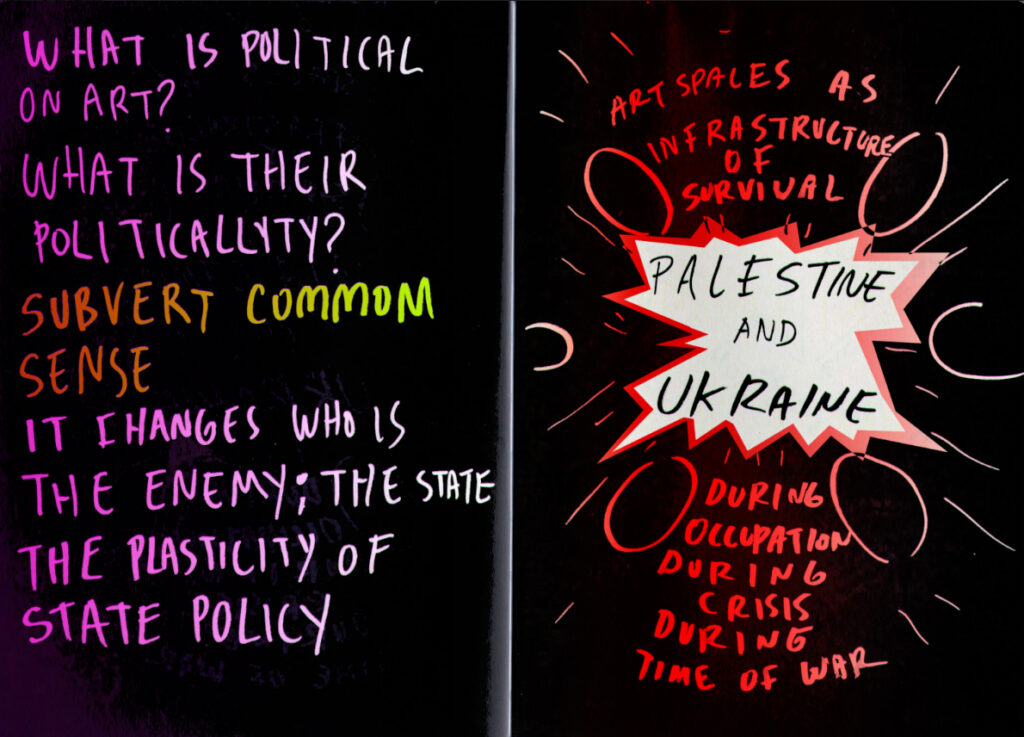
Art in War
Art in War discussed art making and art organization under conditions of war, invasion, and occupation, with the contributions of cultural worker Lara Khaldi, the Wet Hole Group (artists Nikita Kadan, Alina Kleytman, Bogdana Kosmina), and art historian Ming Tiampo. The panel looked at 1970s-1980s Palestinian art and contemporary politically engaged artistic practices in and from Ukraine. Speakers focused on artists as makers of institutions and carriers of histories, and on how their bodies become both survival institution and archival documentation of it in contexts of infrastructural destruction.
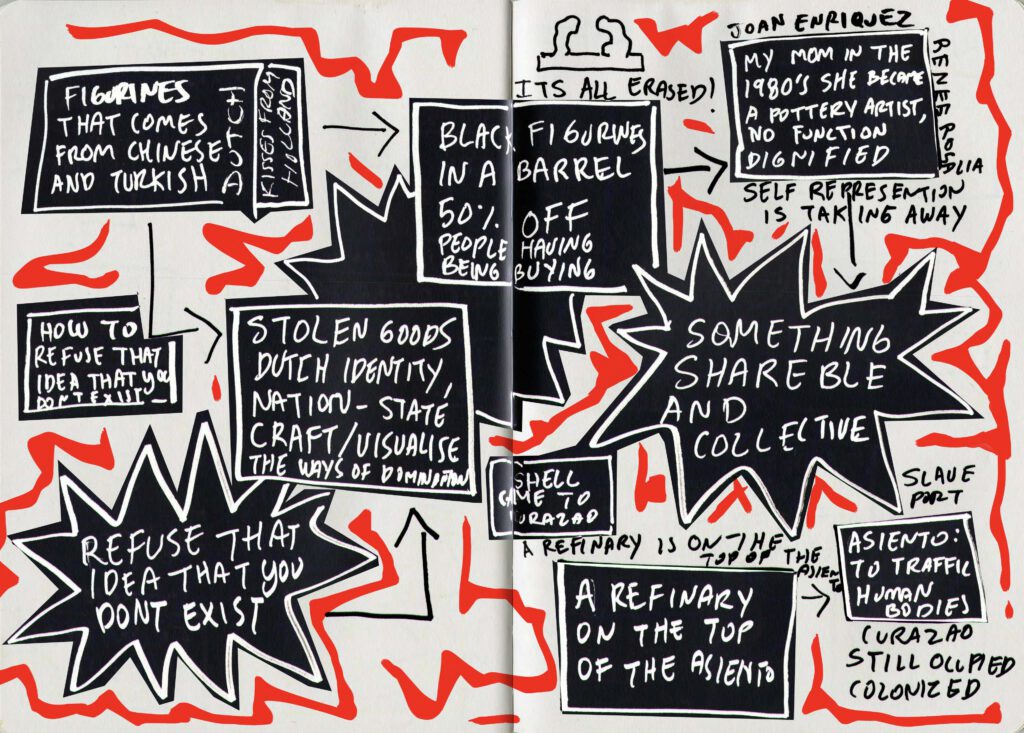
Institutional Intersecting Racisms Solidarities
For this session, IMAGINART invited literary critic Melanie Budianta, anthropologist Ann Laura Stoler, and scholar, artist, and activist Quinsy Gario to discuss intersecting forms of racism and solidarity. The topic was driven by the racist attacks and smear campaign that the Lumbung community at documenta fifteen had to endure, and that dramatically impacted the overall development and reception of d15. The panel moved from discussing institutional racism, slow violence, and ‘racecraft’ to exploring practices of solidarity.
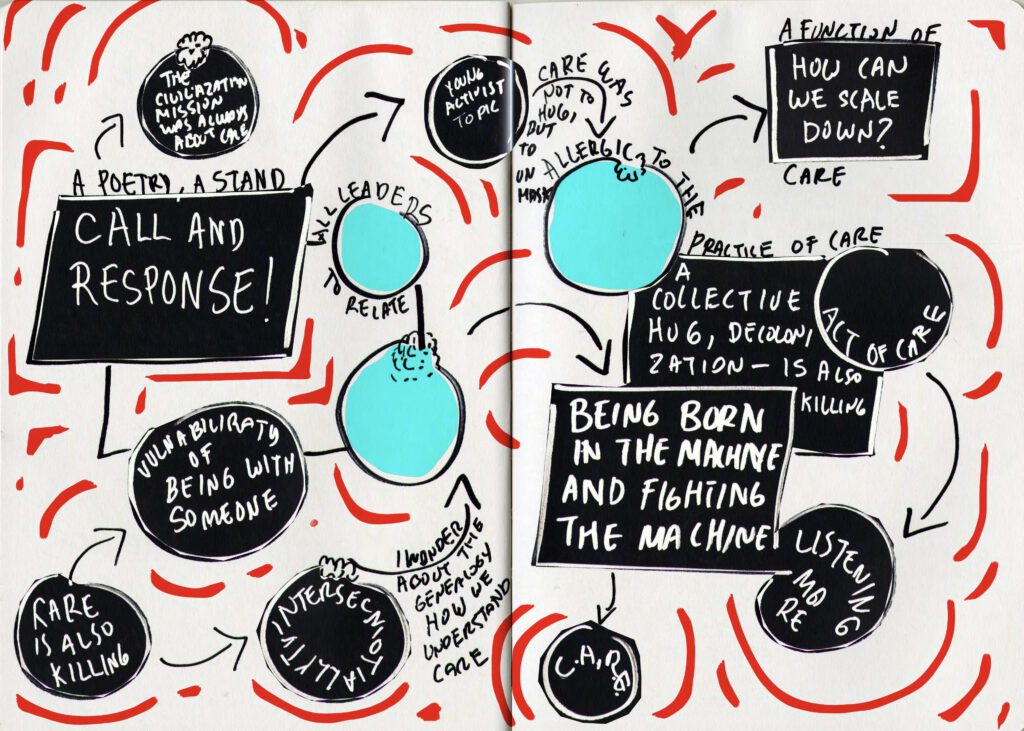
Networks of Care
In the panel Networks of Care, Deborah Thomas, Quinsy Gario, and Wayne Modest discussed different forms of care, focusing on the clash between the care of the state and alternative forms of preservation, focusing on the care for heritage. Thomas recounted the story of the Tambufest, which preserves Kumina, a Jamaican folk dance of African origin. Kumina and the Tambufest present a Afro Jamaican cultural tradition as embodied archive, showing how the past is not past, but also present and future.
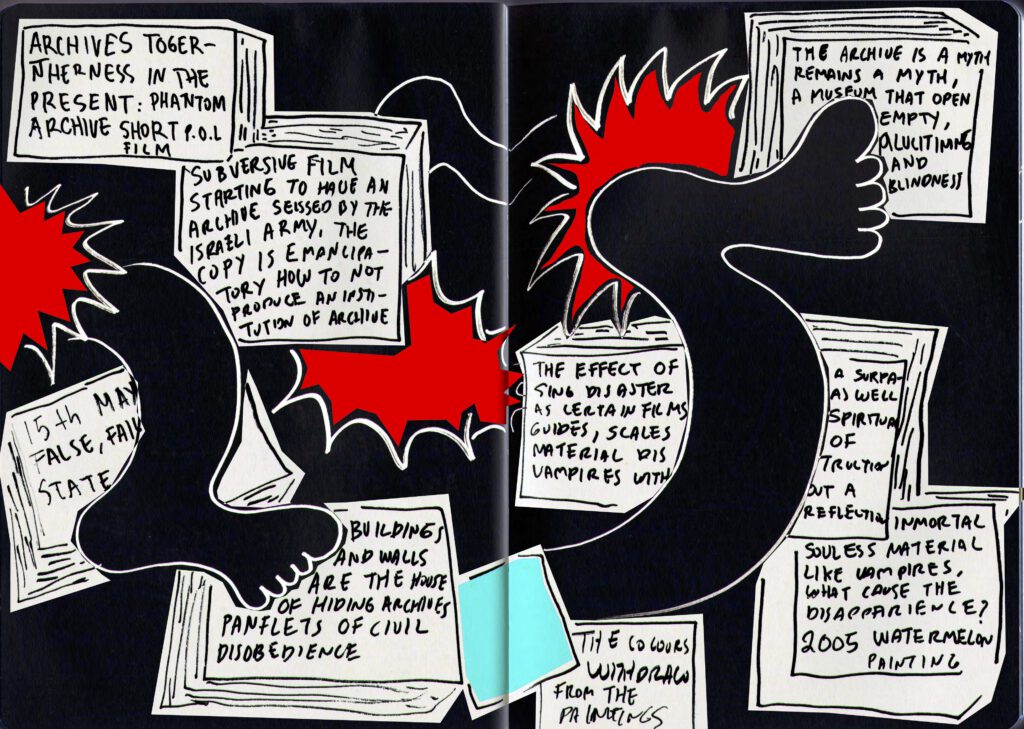
Archives-Institutions as Dissensus*
As Lara Khaldi remarked during the conversation, the ‘Archives-Institutions as Dissensus’ session took shape as a storytelling-jamming session that reflected on what happens when archives defy the function of being inert spaces of preservation and consignation. Khaldi, together with Ann Laura Stoler and Annie Jael-Kwan, related various stories about archives that do not conform to the dynamics we conventionally associate with official and/or state sponsored archives.
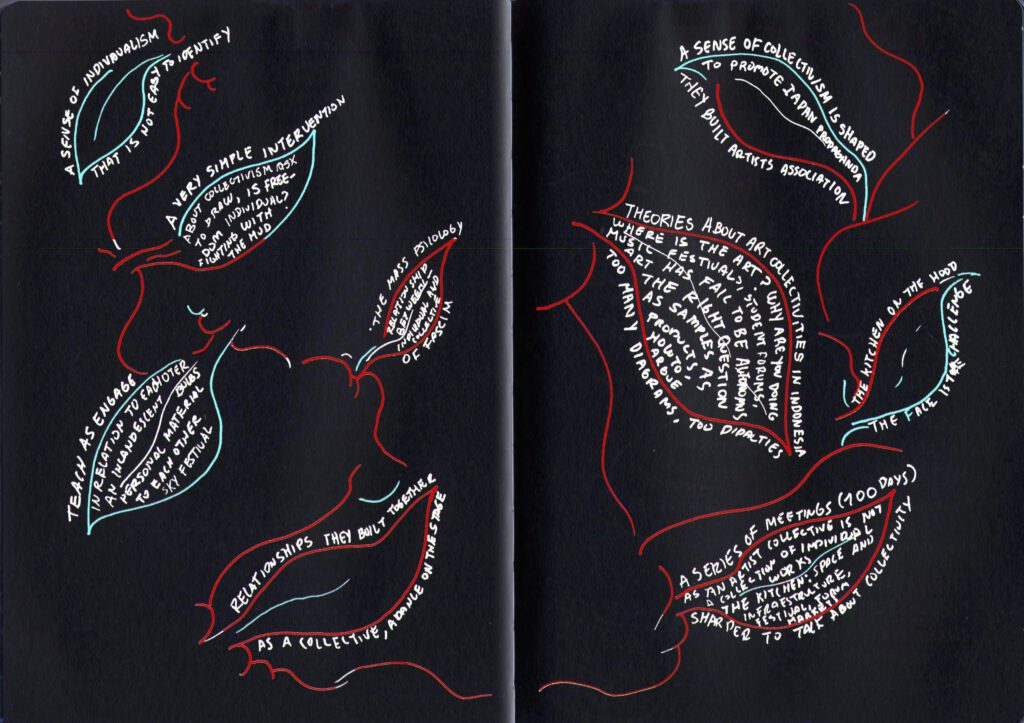
Creative Institutionalism in an Asiocentric World
Speakers invited the audience to creatively think about typologies and genealogies of collectives and collectivism across social and political contexts in Asia. In different historical junctures, those served as survival infrastructure and art practice. As farid rakun remarked, ‘autonomous art is limited art’.
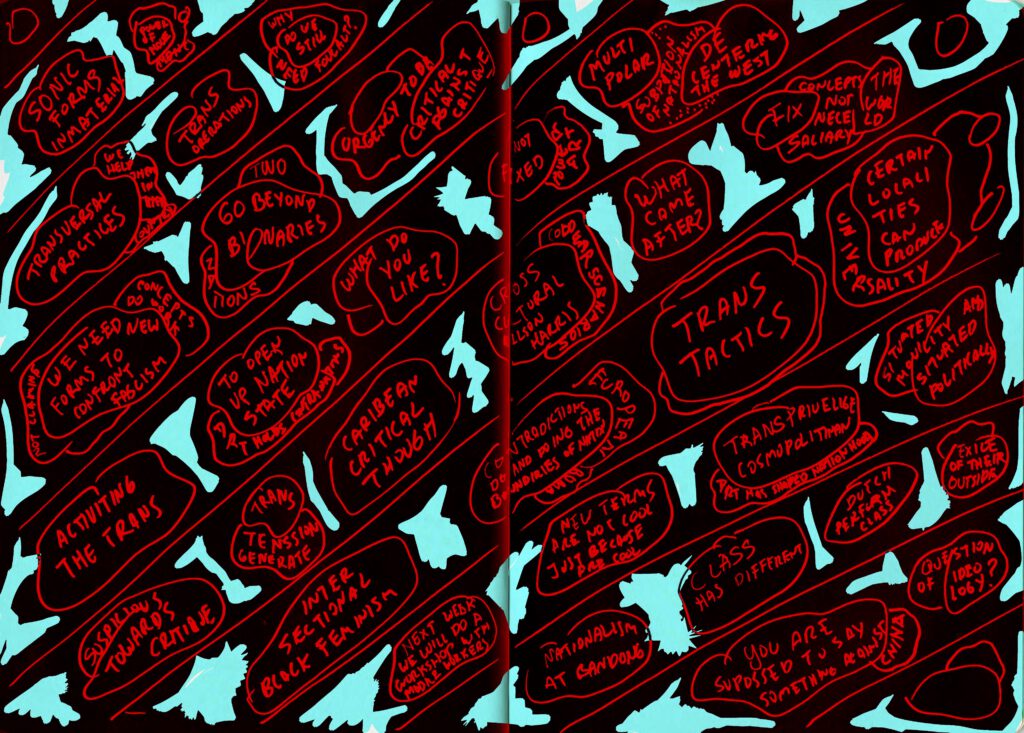
Rethinking Transnationalism
Rethinking Transnationalism hosted contributions by curator and scholars Mi You and Paul Goodwin, as well as cultural studies scholar Jeroen de Kloet. Common threads in the discussion around transnationalism included contrasting historical ideas of internationalism and inclusion, their promises, predicaments, and their ongoing transformation.
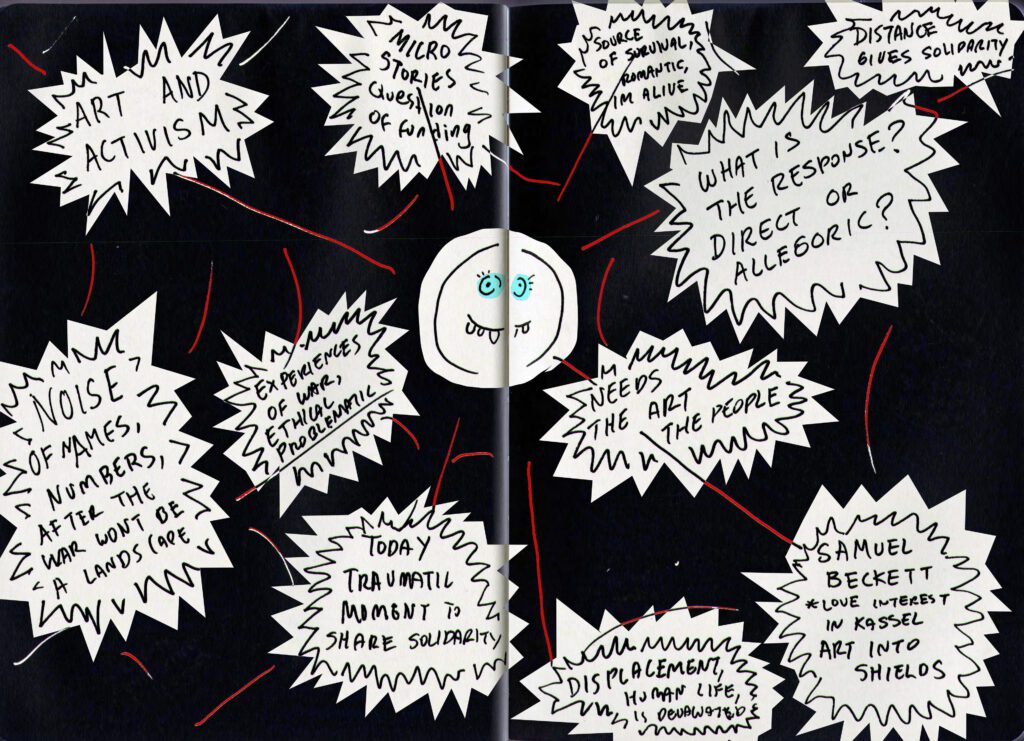
Art Activism
For the panel discussion on Art Activism, Christa-Maria Lerm-Hayes, the Wet Hole Group and Annie Jael-Kwan shared stories around political art projects in the history of Documenta and beyond. The Wet Hole Group shared a selection of their video works. Together the speakers focused on methodological approaches to practice and discussed the role of art in different contexts of conflict, ranging from the war in Ukraine to racist attacks against Asian communities in the U.K.
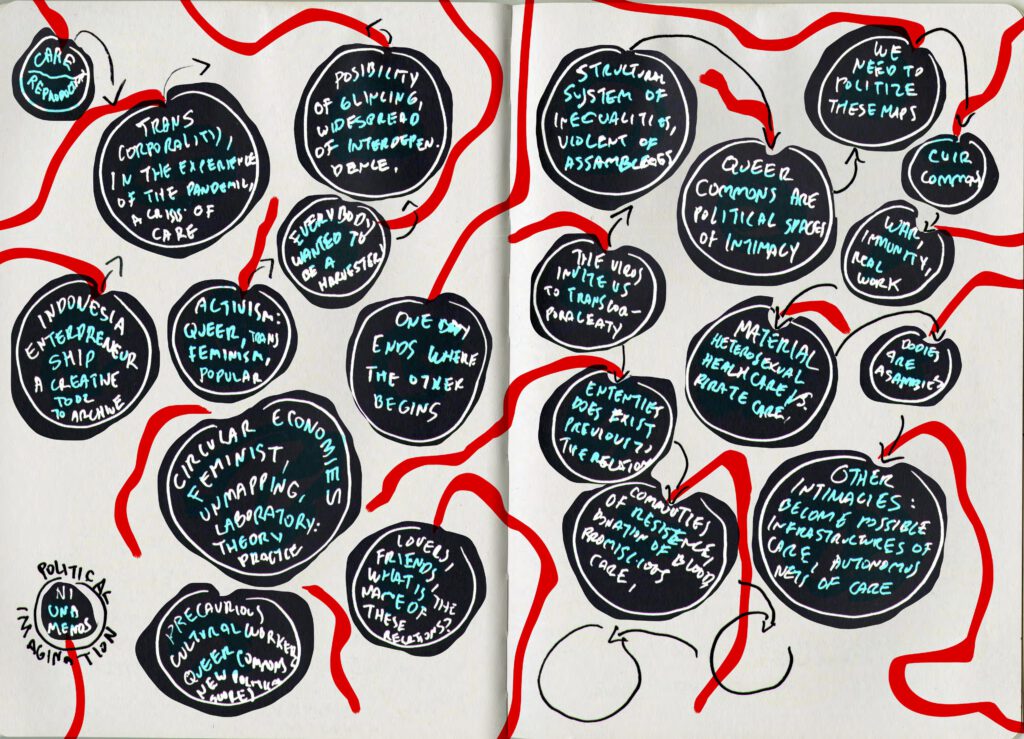
Feminist Circular Economies
During the discussion in this panel, Ilenia Caleo articulated the ways in which the COVID-19 pandemic has opened various forms and scales of crises in Italy. Using various works in the documenta fifteen as case studies, Mi You argued that artist collectives serve as important figures in the models to support the development of systems of care. Melani Budianta’s presentation on the solidarity economy in Central Sulawesi and Central Java provided concrete examples of social entrepreneurship by village women producing solidarities between nature and people.

Refusal and Imagination
The final panel explored refusal as pointed intervention punching through the cracks of the present to open it up to a future that was not in sight before–that is, as mode of the radical political imagination. The aim was to bring into a conversation practices of refusal originating in different political histories—from Black political thought to Italian social movements and autonomy.
